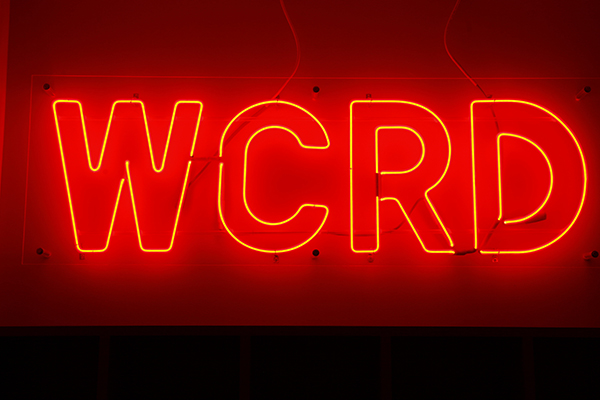When the Central Bank of Nigeria (CBN) raises interest rates, it impacts everyone in different ways. Here’s a simple breakdown for consumers:
1. Higher Loan Costs
When interest rates go up, borrowing money becomes more expensive. This means higher payments for things like car loans, home mortgages, and credit cards. So, people might think twice before taking on new debt or buying big-ticket items.
2. Better Savings Returns
On the flip side, if you have savings accounts or fixed deposits, you might see better returns. Your money in the bank could grow a bit faster thanks to higher interest rates.
3. Reduced Spending Power
With loans costing more, monthly budgets might get tighter. This could lead to cutting back on non-essential spending, like eating out or shopping for new clothes.
4. Stronger Currency
Higher interest rates can attract foreign investors looking for better returns, which can make the Naira stronger. A stronger Naira can lower the cost of imported goods, but it might also make Nigerian products more expensive abroad.
5. Impact on Jobs and Business
Businesses might slow down expansion plans because of higher borrowing costs, which could affect job growth. Some companies might pause hiring or even lay off staff if they need to cut costs.
In a Nutshell
Higher interest rates mean borrowing is pricier, saving is more rewarding, and overall spending might slow down. It’s a mix of good and bad, depending on where you stand financially.

